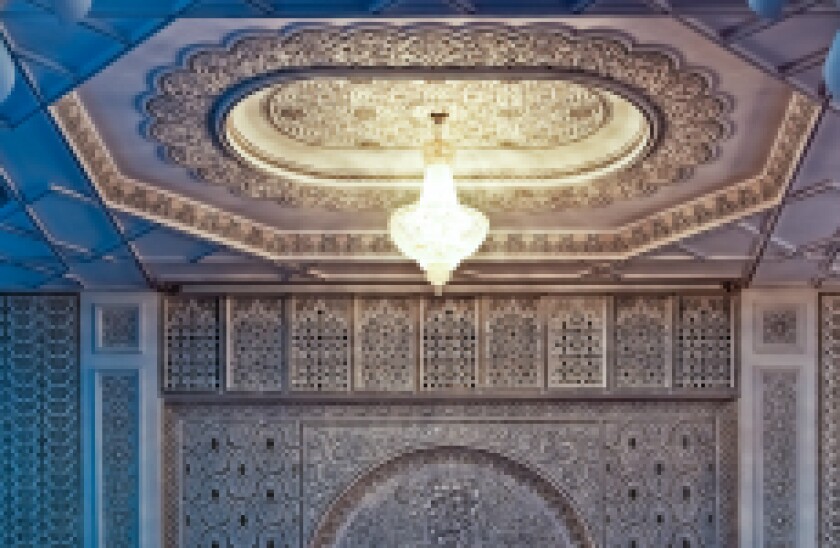An ijara is commonly used because the structure appeals to the widest Islamic investor base and is recognised by most Shariah boards. But it is also one of the most onerous in terms of finding the right assets on which to base a sukuk.
As a result, asset-light structures such as wakala are becoming more popular. But wakala can also be difficult to structure since issuers will still have to ensure all the investments and assets included in the portfolio are Shariah compliant.
If the portfolio contains equity, then issuers will have to make sure that the company whose shares are being used is not primarily focused on alcohol, gambling and pork.
If it includes Shariah-compliant commodity arrangements such as murabahah and tawarruq, the issuer would need to take into consideration the brokerage and trading cost for sourcing the commodities from a third party.
However, liquidity could become a problem for wakala since most Middle Eastern funds prefer asset-heavy deals and some could find it challenging to buy into asset-light ones.
But John Chong, chief executive of Maybank Kim Eng Group, said the difference between the two structures was negligible and that investors had become more comfortable with wakala in recent years.
“Traditionally, issuers have favoured ijara due to its relative straightforward nature based on a sale and lease-back arrangement,” Chong said. “But wakala is gaining traction as the Shariah structure of choice for both corporates and sovereigns globally due to its relative asset-light nature.”

